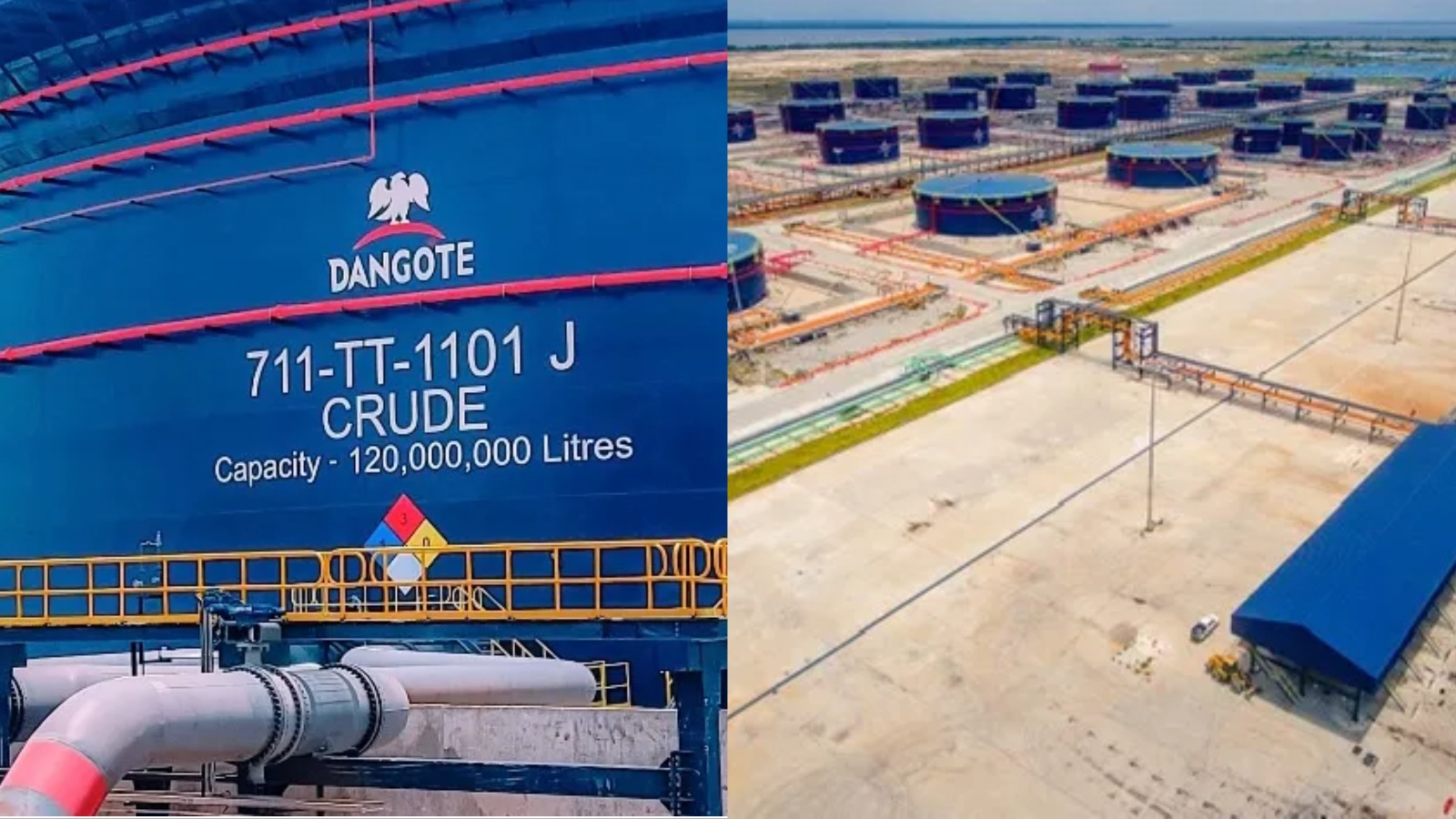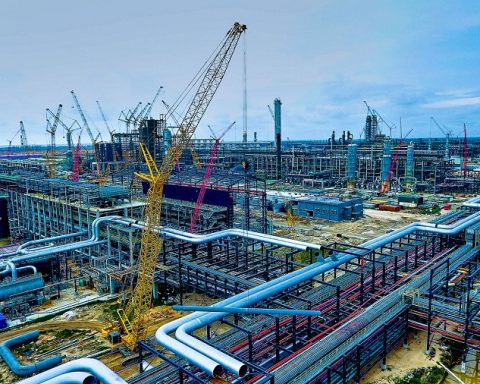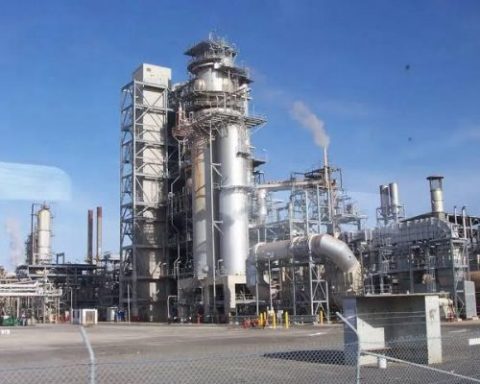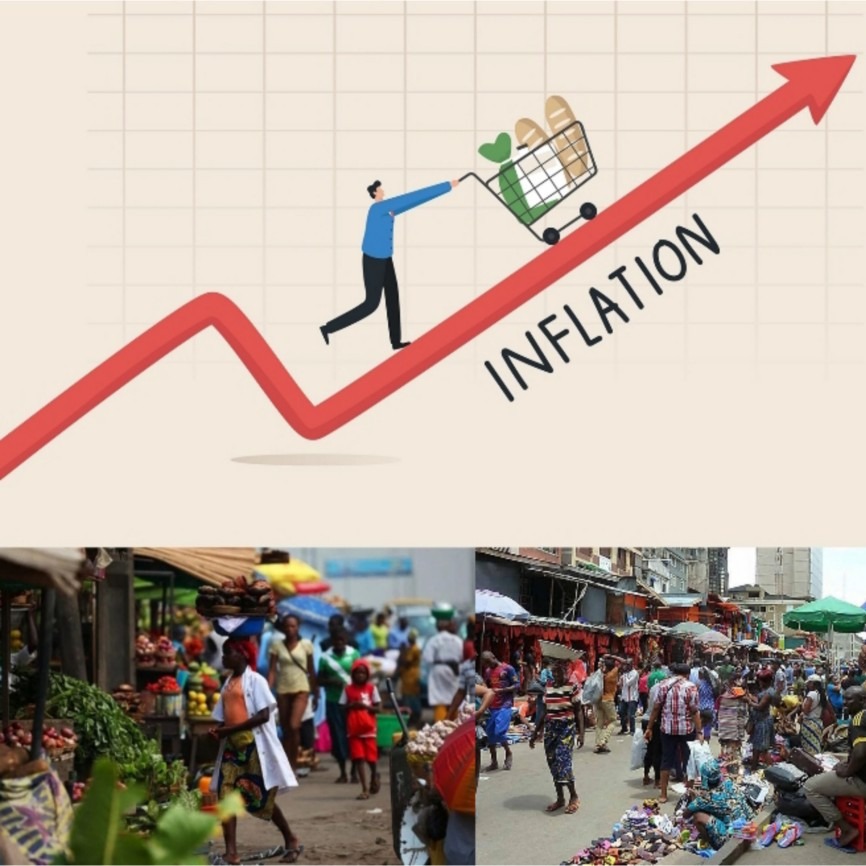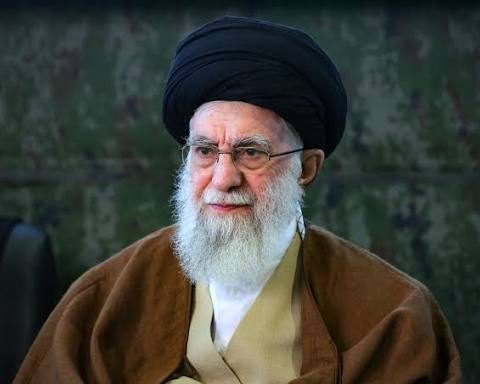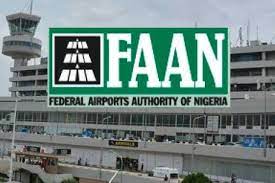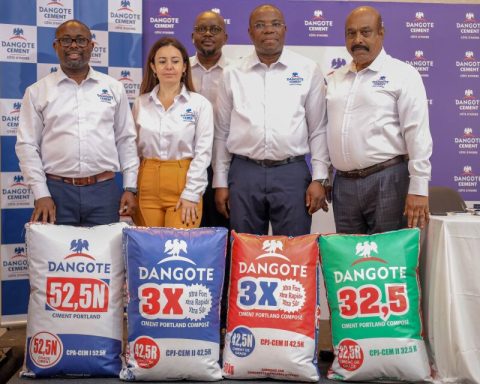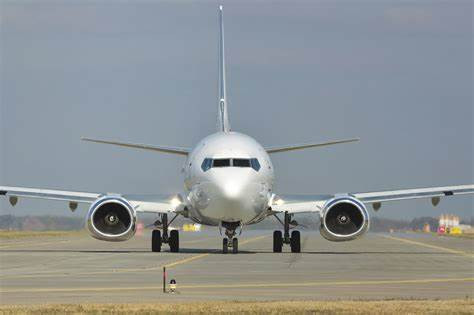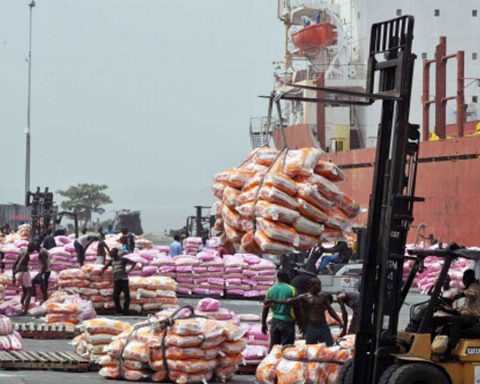Oil marketers in Nigeria are pushing for a price cut in diesel produced by the Dangote Petroleum Refinery, urging a reduction to between N700 and N850 per litre.
They argue that the current price of N1,225 per litre is steep, especially considering the refinery’s domestic production.
Join our WhatsApp ChannelSpeaking in an interview, representatives from the Independent Petroleum Marketers Association of Nigeria (IPMAN) emphasized the need for a downward review in the pump price. Chief Chinedu Ukadike, the National Public Relations Officer of IPMAN, highlighted the rationale behind their request.
“Diesel produced at the Dangote refinery has no vessel cost, import charges, and other costs associated with importing the commodity into Nigeria,” Ukadike said. “Considering these factors, we believe that the price should be cheaper than imported diesel.”
READ ALSO: Prices Set To Crash As Dangote Refinery Begins Supply Of Diesel To Marketers
He further pointed out that the appreciation of the Naira against the Dollar should also influence the pricing strategy, urging the refinery to consider the current economic landscape.
“We supported the construction of the Dangote refinery to mitigate the expenses of logistics associated with importing petroleum products,” Ukadike continued. “Now that the refinery is operational, we expect the prices to reflect the cost advantages of local production.”
The call for a price reduction comes amidst ongoing meetings between oil marketers and representatives from the Dangote refinery. Discussions have centered on the pricing of petroleum products and addressing logistical challenges.
Despite attempts to reach officials from the Dangote refinery for comment, they remained silent on the matter. However, sources within the refinery confirmed the commencement of diesel sales to marketers and hinted at plans to release petrol (Premium Motor Spirit) soon.
The Dangote refinery’s foray into the domestic market marks a significant milestone in Nigeria’s energy landscape. With a nameplate capacity of 650,000 barrels per day, the refinery is poised to transform Nigeria into a net exporter of fuel, potentially reshaping regional dynamics in the oil industry.
While the refinery has already initiated exports, with tenders awarded for fuel cargoes, attention is now focused on the domestic market. Oil marketers are hopeful that a dialogue with refinery officials will lead to a mutually beneficial pricing strategy that addresses both market dynamics and consumer affordability.
As Nigeria navigates its energy transition, the outcome of these discussions could have far-reaching implications for fuel pricing, economic stability, and the nation’s energy security.


